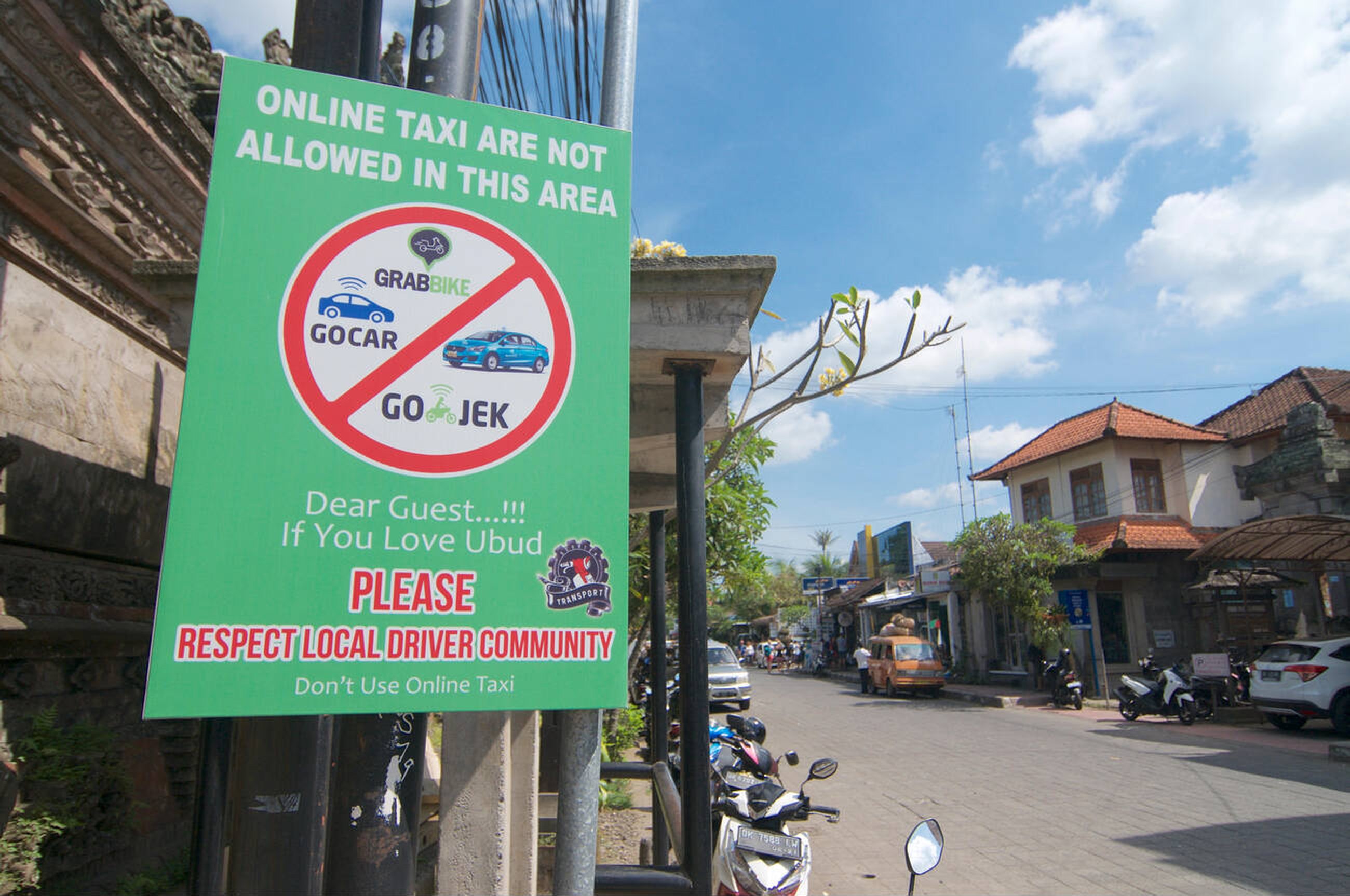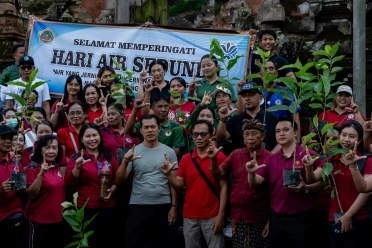Bali is implementing new taxi operation policies aimed at protecting the livelihoods of local drivers while ensuring better regulation in the transportation sector. These changes come in response to concerns raised by local taxi associations about the increasing presence of online ride-hailing services like Grab and GoJek. The updates will not only impact local drivers but will also affect tourists visiting the island. Here’s what you need to know about these new policies and how they might change your travel experience in Bali.
These changes come in response to concerns raised by local taxi associations about the increasing presence of online ride-hailing services
Stricter Regulations for Online Services
One of the major changes in Bali’s taxi operations is the introduction of stricter regulations for online ride-hailing services. The new policies include a quota system that limits the number of registered online taxis, both for cars and motorcycles. This means that only a certain number of Grab and GoJek drivers will be allowed to operate, ensuring fair competition with traditional taxi services.

Additionally, all online taxi drivers must now be Balinese residents, holding a valid local identification card or domicile certificate. This policy aims to prioritize job opportunities for locals and prevent an influx of drivers from outside the province. To further standardize the industry, all registered tourist transportation vehicles must have Bali-issued license plates, which start with ‘DK’ for Denpasar.
Standardized Fares and Service Quality
Another key aspect of the new regulations is the introduction of a standardized fare system across all taxi services in Bali. Previously, online ride-hailing platforms offered lower fares compared to traditional taxis, leading to conflicts and disputes between the two groups. With standardized rates, the price gap between online and conventional taxis is expected to narrow, ensuring fair competition and reducing fare-related tensions.
To further enhance service quality, the government is also establishing a set of professional criteria for tourist drivers. These criteria will ensure that drivers from outside Bali meet certain standards before being allowed to work in the tourism transportation sector. This initiative aims to maintain safety, professionalism, and the overall reputation of Bali’s transport industry.

Reduced Conflicts Between Local and Online Drivers
Tensions between traditional taxi drivers and online ride-hailing drivers have been a longstanding issue in Bali. Local drivers have often accused online taxi services of undercutting their business, operating illegally in restricted zones, and contributing to traffic congestion due to unregulated pick-up and drop-off points. In some areas, conflicts have escalated into disputes that have even involved tourists who were unaware of the local taxi regulations.
With the implementation of these new policies, the government hopes to reduce such conflicts by ensuring that all drivers, whether from online platforms or traditional taxi services, operate under the same regulations. This will likely create a more organized and harmonious transportation system across the island.

Impact on Tourists: What to Expect
For tourists, these changes may not drastically alter the way they use transportation in Bali, but they will bring some noticeable differences. One of the immediate impacts could be a slight increase in ride-hailing fares due to the new standardized pricing model. While online taxis were previously the cheaper alternative, the revised fare structure may result in more balanced pricing between online and traditional taxis.
Another change tourists might experience is a smoother and more regulated taxi service. With clearer rules and limitations on the number of drivers, transportation services are expected to become more structured, reducing instances of unregulated taxi operations and unauthorized drivers.
Additionally, as tensions between online and local drivers ease, tourists may find fewer restrictions on where they can book a ride-hailing service. Previously, certain areas in Bali, such as popular tourist hotspots, had local taxi monopolies that restricted online taxis from operating. With a more standardized system, tourists should be able to travel more freely without worrying about disputes between drivers.

Bali’s new taxi operation policies are designed to create a fairer and more regulated transportation system that benefits both local drivers and tourists. While ride-hailing services will still be available, they will now operate under stricter guidelines that prioritize local employment and ensure service quality. Tourists can expect a more seamless and conflict-free travel experience, though with potentially higher fares in some cases. Ultimately, these changes aim to balance modern convenience with the protection of Bali’s local transportation industry, ensuring a sustainable and efficient system for all.




 Billy Bagus
Billy Bagus
 Feb 07, 2025
Feb 07, 2025






